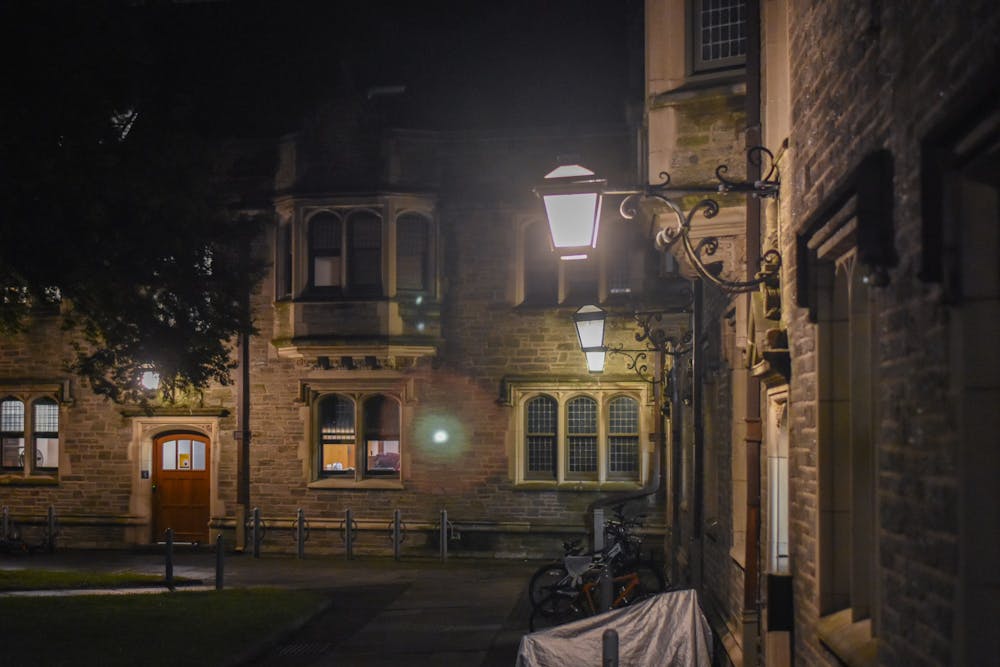Princeton is full of peer advisors. There are Residential College Advisors (RCAs), Peer Academic Advisors (PAAs), Peer Health Advisors (PHAs), and more. Many of these advisors are an important resource for first-years, hosting regular study breaks and coffee chats to help with the adjustment to Princeton.
This year — for the first time — there is a new set of advisors on the scene: Community Living Advisors (CLAs). Unlike RCAs, CLAs focus primarily on helping upperclass students, namely sophomores, juniors, and seniors. The Daily Princetonian is here to help you better understand their role.
What is a CLA?
CLAs are like RCAs for upperclass students. According to the RCA website, both positions are “expected to foster relationships among their residents so that they feel comfortable reaching out to them for guidance and support throughout the academic year.” Both groups are directly supervised by their respective college’s Assistant Dean of Student Life.
According to the Rockefeller College website, CLAs serve as a resource to continuing students, foster a welcoming residential college community, provide initial support to upperclass students, and connect these students to their residential college advising teams and/or the appropriate university offices as needed.
“There wasn’t a lot of clarity around the roles [...] and what they were adding to student life, so they were trying to re-imagine it,” CLA Aminah Aliu ’25 said to The Daily Princetonian.
In previous years, Assistant Residential College Advisors (ARCAs) supported sophomore advisee groups while Dormitory Assistants (DAs) supported juniors and seniors. CLAs merge these roles. They are compensated at a rate of $8,000 per year — the equivalent made by previous ARCAs.
What exactly do they do?

CLAs will organize group chats and social events for their advisee groups. They can also help to mediate conflicts, and are connected to the custodial staff in their living space.
Additionally, they work directly with the administration by disseminating information, writing reports, attending meetings, and enforcing rules.
How is a CLA different from an RCA?
Like RCAs, CLAs live within the communities they advise. Unlike RCAs, they may be the same age as their advisees.

While RCAs plan weekly study breaks, CLAs plan monthly events. Additionally, there are many fewer CLAs than RCAs per student. There will be approximately 25 CLAs each year serving the entire upperclass student body.
Are they connected to your residential college?
Not always. While some CLAs are effectively members of the residential college they live in, those who live in unaffiliated housing may not be. This is in contrast to ARCAs, who were affiliated with residential colleges.
What’s the training process like?
CLAs attend mandatory training before the start of the school year and monthly meetings with administration to discuss ongoing issues after that.
“The planning process was pretty simple, over two days, some [meetings] with all the CLAs and some with the CLAs and RCAs mixed together,” Aliu said.
Laura Robertson is a senior News writer and Explainers editor for the ‘Prince.’
Please send any corrections to corrections[at]dailyprincetonian.com.








